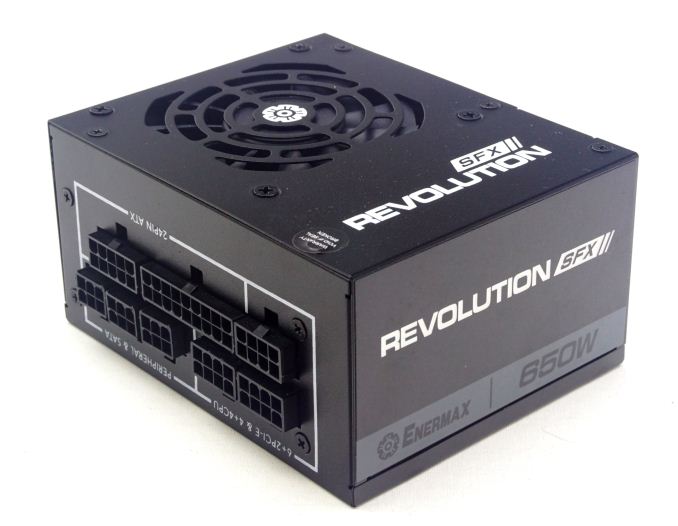Okay, so I will respond to the comments one by one: (If I don't respond to your comment, it means I have answered it on the reply to other comments)
What defines worth it? Like
Karadjgne said, 450W is not the best option. The Enermax unit your friend selected is not great. Here are some reviews for it:
- https://www.tomshardware.com/reviews/enermax-revolution-sfx-650w-psu,5090-11.html
- https://smallformfactor.net/reviews/enermax-revolution-sfx-550w-review/#Conclusion (for the 550W model but they are based on the same platform).
Maybe your friend wants to risk it with this PSU
Okay, first, not sure why it's "not great" based on the reviews. So, here are the cons of the Enermax based on the reviews:
1. Price is too high
So, in TH one, I couldn't find the exact price, so I reverse count the diagram and found it to be $115 to $125. First, the price is more expensive than my country's $105 compared to $125. That's huge difference. Second, they compared Enermax to the older model of SF600, which was much cheaper at $120. The newer one, however, has $140 MSRP, which, compared to $105, is more balanced comparison. It also doesn't help that the price in my country is worse at $165.
In SFF review, the 550W costs $110, and older SF600 costs $115. However, the comparison is invalid since now, the battle is at $90 vs $165, which is an entirely different story.
2. The fan is loud
OK, I guess. This one is fair, even though according to a review you linked, if inside of a case, the noise would matter less. Also, I don't think it's worth it to pay $55 to $75 more just because it performs more quietly.
3. No power switch
It's not a good thing in normal cases. However, this is Fractal Design Node 202, and you can't access the power switch without opening the case anyway, so it's not a bad thing.
Also, according to
JonnyGURU, it's an excellent PSU. So, please elaborate the phrase "risk it".
What it comes down to is that, when there clearly was enough budget room to buy a freaking 2080 Ti, if a quality PSU that fits your needs is $150, then that's what you want to pay for that PSU. And if a quality PSU that fits your needs is $165, well, then that's what you want to pay for that PSU.
This is not the place to cut corners. I'd tell your friend not to be the dude that buys a Lamborghini and then finds he doesn't have the budget for the maintenance or the insurance.
You don't get it.
"When there clearly was enough budget room for 2080 Ti"
No, just because my friend is building a 2080 Ti build, does not mean he has unlimited money. He just happens to have enough budget to build a huge bang-for-the-buck 2080 Ti build without cheaping out on anything important.
He is the type of guy who doesn't like to waste money on unnecessary things.
- Notice that the 2080 Ti he chose was Galax Dual version, which was and is the absolute cheapest of all 2080 Ti in our country with $950.
- Even though he should've had enough money to buy faster SSD like 970 Pro, he chose cheaper SSD from Crucial, because the small SSD speed difference isn't worth the price increase, especially in games, where the difference is less noticable.
- He chose the cheaper B450 over X570 motherboard, because he doesn't need the extra features provided by X570. He also chose ASRock motherboard, which is the cheapest Mini ITX B450 motherboard.
- He chose 3200MHz instead of faster RAM, even though he totally could buy more, because sticks faster than 3200MHz usually have less performance-per-dollar.
- The only reason why he picked an aftermarket CPU cooler in the first place was because the stock Wraith Prism cooler wouldn't fit inside the case. If it fit, I'm sure he wouldn't bother buying any CPU cooler.
Also, please read this
JonnyGURU review of Enermax PSU. It's a great PSU, definitely greater than what you give it credit for. It's up there with Seasonic and Corsair in terms of quality. It's not like it's a terrible PSU that can easily explode.



